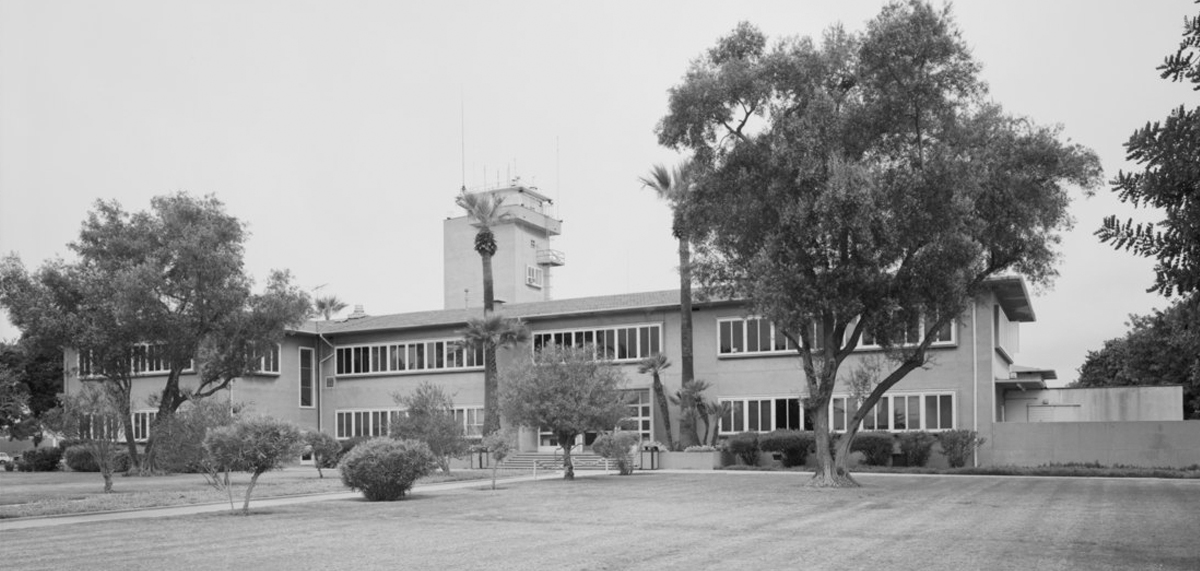Recommendation for Clemency
Commander J.F. Kennedy (U.S. Navy) Terminal Island, San Pedro, CA (PDF)
Date: October 6, 1945
To: The Secretary of the Navy (Office of the Judge Advocate General),
Washington 25, D. C.
Via: The Chief of Naval Personnel, Washington 25, D. C.
Clemency Procedure at this Command - Report of.
1. The enclosed recommendations for clemency and restoration to duty are made in behalf of fourty-four (44) of the fifty (50) men confined here since 28 November 1944 on the charge of mutiny arising out of the Port Chicago explosion.
2. In the interest of eliminating clerical work, the recommendations on the individual cases have been kept to the minimum. However, in order to give assurance that these cases were given adequate consideration before their submission, it is my purpose to outline the procedure which the Clemency Board at this Command has followed before making a decision.
3. Each individual case was considered on the basis of the man's record in confinement, based upon Mast reports, work reports and the observation and interviews had by the officers of the Board during the period of confinement. Previous to their appearance before the full Board each man was interviewed by the psychiatrist, the Retraining Officer, the Chaplain, the Legal Officer, and other members of the Clemency Board and a determination made, based upon the man's record and attitude. On the day of hearing the man appeared before the Clemency Board and was given an opportunity of making a statement in his own behalf and was questioned further by the members of the Board. Because of the nature of their offense, these men have been observed even more closely during confinement than the average prisoner. With very few exceptions these men have been excellent prisoners and have responded well to discipline. This Command concurs with the unanimous recommendation of the Clemency Board that these men be given clemency and restored to duty.
4. There are six (6) additional men in the Port Chicago group whose cases are not being submitted at this time. It was felt that HENRY and LONGMIRE, because of their attitude should not be recommended at this time. FLEECE and GAINES, after having had the situation explained to them thoroughly, have signed waivers, a sample copy of which is enclosed, stating that they did not wish to appear before the Board at this time, and their cases will be given consideration at a later date. MILLER was undecided at the date of hearing as to what action he wished taken and ANTHONY was unavailable, having been transferred to the U. S. Naval Hospital, Long Beach. These two (2) latter cases will be brought up before the Board at the earliest opportunity.
5. Due to my experience, based on forty (40) years as an enlisted man and officer, I suggest that these men be broken up into small groups of three (3) or four (4) and sent to various places in the South Pacific to work out their probationary period. From my observation I feel that they were misled and coerced by a few who had a little better education than the group average. I am not in favor of granting clemency to the small minority at the present time. Considering the amount of publicity and the various civilian organizations who have been receiving credit for efforts in their behalf, I feel that this is a Navy problem and it will be the Navy who is giving them this opportunity to rehabilitate themselves.
J.F. Kennedy
Commander, USN (Ret.)
Commanding.
(Handwritten Postscript) - Dear Admiral,
I feel that most of these men are boys from southern farms and were talked into their attitude at the time of the mutiny; and with the various [----] groups of civilians trying to make them look like martyrs it would be to the Navy's benefit to disperse them and then announce formally from your office that they are back in circulation and doing a job "out there."
Commander Jack Kennedy
U.S. Naval Disciplinary Barracks October 6, 1945
U.S. Naval Disciplinary Barracks

